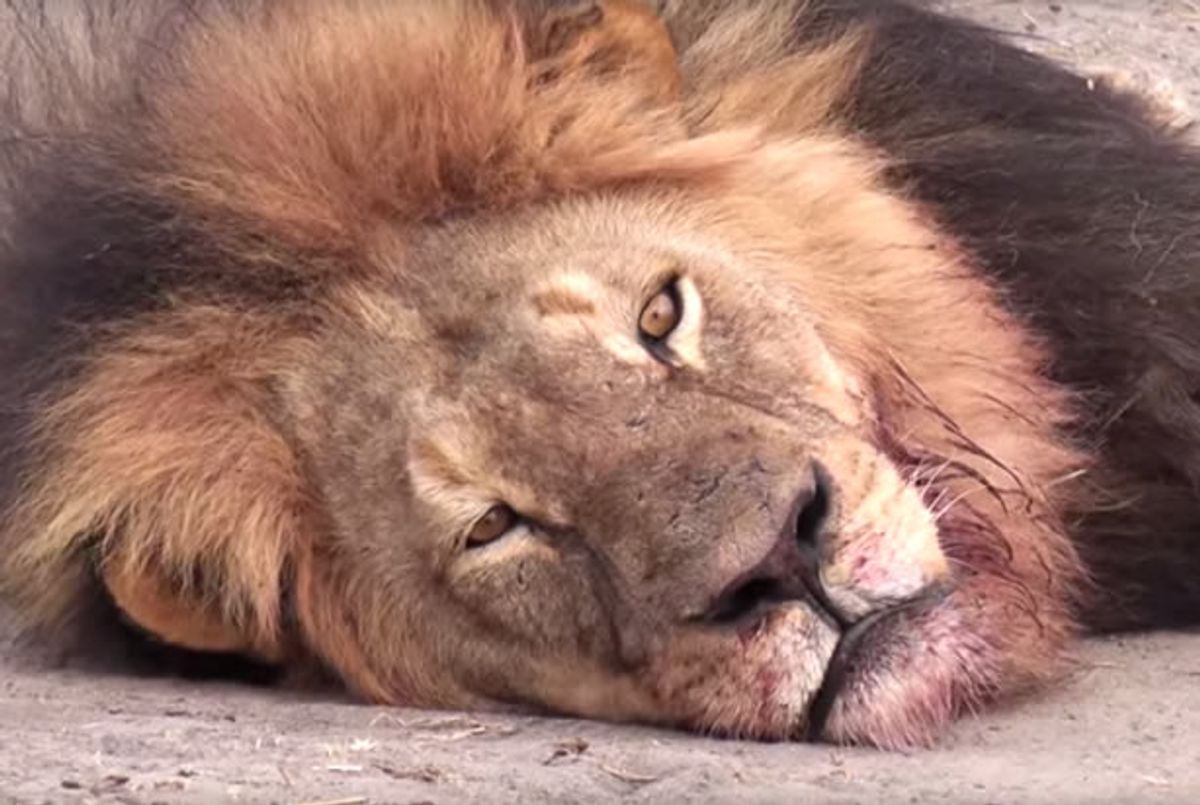There's a term for the sophisticated (pathological?) way that humans outcompete other predators and hunt down our lesser prey to the point of extinction: we're "super predators."
As the phrase suggests, we're certainly special. But according to a new study published in the journal Science, that's not a good thing.
Researchers led by Chris Darimont, a conservation scientist at the University of Victoria, looked at predator-prey relationships around the globe and across the food chain, and found that our style of predation differs from what happens in nature, sometimes strikingly so. As one example, we take more than other predators -- overfishing is the classic example of this -- and we choose different, less sustainable targets: we exploit adult prey, for example, at rates up to 14 times higher than other predators do, thus harming other species' capacity to keep their populations balanced.
"We've diverged from non-human predators in some pretty extreme ways," Darimont explained. This goes back millennia, he said, to our development of dogs as able hunting partners, and continues to the advanced technology that today gives hunters the clear upper-hand. It's a problem, he added, that's only gotten worse: we've created a positive-feedback loop in which our prey's numbers are declining, but ours just keep growing.
For a number of reasons -- our quest for impressive "trophy" kills being one of them -- the researchers also found that we tend to focus on other top land predators, killing them at 3.7 times the rate we kill herbivores, and at 9.2 times the rate they kill one another. “Typically, human hunters remove one in 5 large carnivores from the planet each year, and that’s kind of spooky because most large carnivores do not have the reproductive ability to withstand that sort of mortality,” Darimont told the L.A. Times. “They simply did not evolve as prey.” The implications can be felt throughout entire ecosystems.
The argument that humans, in hunting wild fish and animals, are just playing their natural role is belied by these findings: human predation, the authors write, causes "extreme outcomes that non-human predators seldom impose." And our role in the ecosystem, they conclude, is unsustainable -- unless we impose some external restraints to level the playing field.



Shares